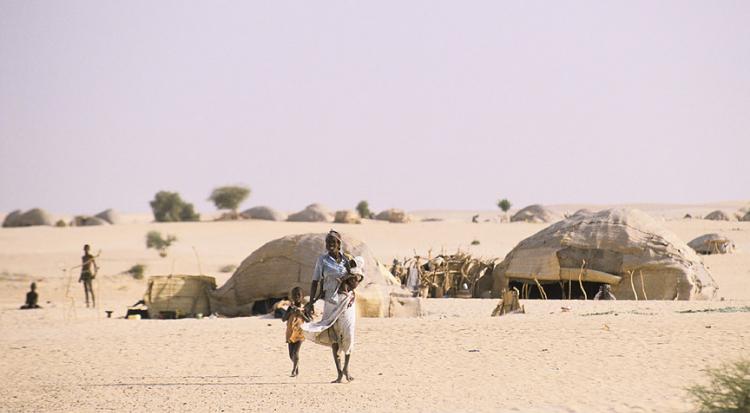Improved healthcare, opportunities for better education, easier access to livelihoods and new jobs—these are just some of the benefits that access to sustainable, reliable, and affordable electricity can create. It is fundamental for development and, for the nearly 800 million people around the world that lack it, energy access can be life changing.
The World Bank’s Carbon Initiative for Development (Ci-Dev) is using results-based climate finance to demonstrate how development benefits can be delivered alongside emissions reductions. Results-based climate finance—funding that is distributed only when agreed-upon climate-related results are achieved—has several benefits. It motivates developing countries to set ambitious climate targets, rewards them when they achieve those targets, and reassures donors that their funding is delivering outcomes. Through the purchase of approximately $76 million in emission reductions, Ci-Dev’s results-based climate finance is mobilizing funding for 13 innovative projects in Sub-Saharan Africa and South Asia.
This funding is also opening new avenues for energy access in low-income countries. The climate co-benefits—the secondary effects related to the reduction of greenhouse gases—are not insignificant. Ci-Dev’s programs across Africa illustrate just how impactful these co-benefits—in this case access to energy—can be for beneficiaries.
In Ethiopia, where only 33 percent of households have access to electricity through the grid, Ci-Dev is helping to support a small but growing off-grid lighting market. Ci-Dev is purchasing the resulting emissions reductions from the distribution of 2.8 million solar lanterns and more than 200,000 solar home systems—impacting nearly 720,000 households. These off-grid renewable energy products are replacing polluting kerosene lamps and diesel generators, off-setting nearly 24,000 metric tons of CO2 equivalent per year, as captured by monitoring reports. That is similar to removing nearly 5,000 passenger vehicles from the road for one year. And as dependence on those polluting energy sources wanes, health outcomes will improve with less exposure to their harmful fumes.
In Mali and Uganda, Ci-Dev’s programs are working to provide reliable energy access to rural communities. In Mali, the World Bank is supporting the Government to hybridize fossil-fueled mini-grids with solar power and distribute 100,000 solar lanterns to rural households. Importantly, the project will bring down electricity generation costs and ensure that future mini-grid systems will be powered by solar, making access a reality for many rural Malians.
The sale of carbon credits to Ci-Dev in Uganda is helping low-income households afford grid connections. By improving the affordability of last-mile connections for rural households, Ci-Dev is not only reducing the harmful greenhouse gas emissions that would be emitted from fossil-fueled mini-grids, diesel generators, and kerosene lamps, but also increasing rates of electricity access. The program is expected to benefit more than 400,000 households in rural communities in Uganda.
A World Bank Project in Kenya is working to install 135 solar mini-grids, 250,000 solar home systems, more than 1,000 community solar systems, and 380 community solar water pumps. The carbon revenues earned from the installation of these solar products will be used to support a household connection subsidy for the installed solar mini-grids, making access more affordable for some 25,000 of the poorest Kenyan households. Ci-Dev is also purchasing emission reductions resulting from renewable energy produced by 10 small hydropower plants throughout the country. The plants provide renewable energy to nearly 40 tea factories and more than 350,000 small farms. The program expects to sell as much as 55 percent of the generated power to the Kenya Power and Lighting Company, contributing to an increased share of renewable energy in the Kenyan electricity grid, and benefit more than 230,000 households.
Increasing renewable sources of energy has a substantial and positive impact on the climate by reducing greenhouse gas emissions. However, by providing solar-powered off-grid lighting options and connecting more people to the grid, Ci-Dev is also helping to make access to electricity more affordable and reliable. This access is having a profound impact on people’s lives—reducing poverty, increasing quality of life, and boosting productivity.
**Photo Credit: Curt Carnemark, World Bank

